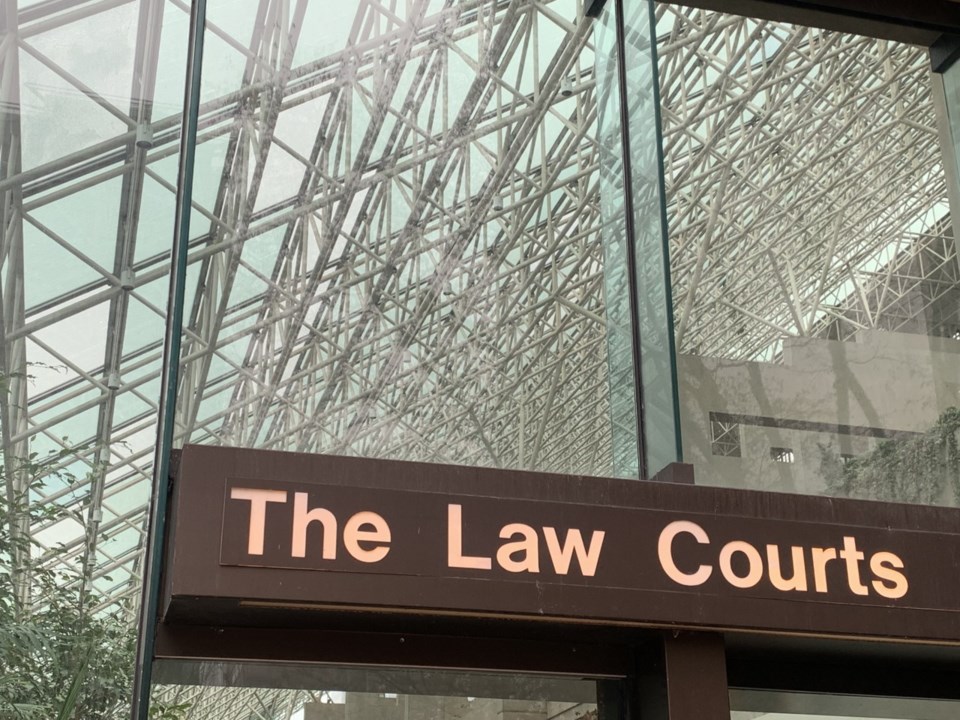A section of B.C.’s Child, Family and Community Service Act that allows the collection of parents’ health information in child protection cases is constitutionally invalid, B.C.’s Court of Appeal has ruled.
A woman known as T.L. in court documents challenged the validity of directors of child protection to obtain a parent’s personal health information from a public body, without their consent, a court order or prior judicial authorization.
The case arose when T.L.’s children were placed with her mother after concerns about trauma, mental health struggles and substance use.
A social worker requested T.L.’s records from University Hospital of Northern British Columbia in Prince George and the Primary Care Clinic at Carrier Sekani Family Services (CSFS). The hospital provided the records without T.L.’s consent while a CSFS nurse asked T.L. if she had consented.
“She authorized CSFS to provide the director with verbal information about her state of mental health, but not her medical records,” the ruling said. "CSFS acted accordingly."
T.L. said she had been open with her care providers because she thought what she said would remain private and only used to help her unless she consented otherwise.
“She finds the director’s (of child protection) attempt to access her medical records without her consent ‘distressing,’” Justice Joyce DeWitt-Van Oosten said in the unanimous three-judge appeal panel decision.
“She does not think her ‘private experiences’ should be available for review and she has deposed that because of the access, she ‘will not feel safe speaking to health-care providers the way [she] did before,’” the judge said.
T.L. claimed the provision is an unreasonable law in violation of the right to be secure against unreasonable search or seizure as guaranteed by the Canadian Charter of Rights and Freedoms.
A B.C. Supreme Court judge had dismissed the constitutional claim, finding that the impugned provision reasonably balances a parent’s privacy interests with the state’s interest in protecting children from harm.
However, DeWitt-Van Oosten ruled April 24 that the judge “erred in his analysis of the intrusiveness of the search and seizure authorized by the impugned provision; his assessment of the adequacy of the scheme’s procedural safeguards; and his overall balancing of relevant competing interests.”
The judge said social workers are not required to objectively justify the basis on which parental information has been obtained.
“In some cases, the individual to whom the information relates will never know that a social worker has gathered their personal health information or that they continue to hold it in a government file,” she said.
DeWitt-Van Oosten said, given the key importance of children’s well-being, she would suspend the declaration of invalidity for 12 months to allow the B.C. legislature sufficient time to address the constitutional issue.
Civil liberties reaction
The BC Civil Liberties Association (BCCLA) acted as an intervenor in the case, making submissions to the judge.
The association said the issue was the power which allows the director of child protection and social workers broad and unrestricted authority to obtain private medical information of parents without their knowledge or consent.
The BCCLA said the court affirmed the need for better safeguards against the abuse of state power.
“This is a significant decision that recognizes this legislation goes too far in allowing the government to obtain highly personal intimate information about parents and families, without safeguards such as notice to the individual," BCCLA lawyer Maegen Giltrow said. "Importantly, the Court of Appeal recognized that these intrusions are happening in the child protection context, where the information gets used by the state in decisions with far-reaching impacts on parents and families.”
Association staff litigation lawyer Ga Grant said it was important to see the court recognizing the importance of the privacy interests in the lives of British Columbians accessing public medical and social services.
"The BCCLA looks forward to the government proposing a less intrusive regime with appropriate checks and balances to protect charter interests," Grant said. "This not only protects individual privacy and encourages seeking medical care and social support, but promotes the protection of children and families.”



